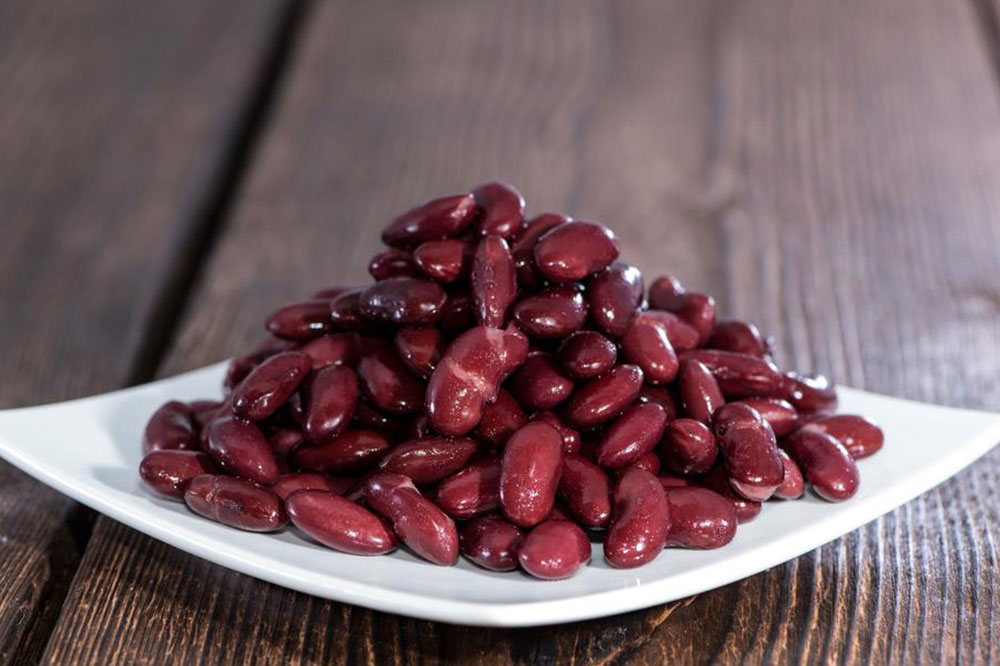
Dietary Tips for Managing Gout
When too much uric acid crystallizes and collects in your joints, especially the big toes, it can cause redness, tenderness, inflammation, and pain. Gout can also affect your knees, ankles, wrists, and elbows. It is one of the more complex yet common types of arthritis that can affect anyone. Helping your body produce less uric acid or making sure the excess is gotten rid of from your body is critical to preventing painful chronic gout. Below is dietary advice to help stabilize uric acid in your body.
- Purine is present in alcohol, meat, and seafood.
Break down of purine nucleotides found in alcohol, seafood, and meat into uric acid is a normal process performed by your liver. However, when there is excessive uric acid in your bloodstream that is not filtered and excreted by your kidneys, they accumulate and crystallize in your body’s joints. So consume these in lesser quantities, or abstain from having them. - Healthy body weight should be your goal.
Maintaining a healthy body weight should be your primary goal. A healthy, wholesome diet is one of the ways to achieve this. Make good choices, because all it takes is a little planning ahead from you. Meal plans help you make the right choice with nutritious food. It saves time and energy when shopping and keeps salty, preservative-filled, prepackaged foods away, thus reducing your risk of gout. - Being overweight is a risk for gout.
Being overweight or obese significantly increases your risk of developing gout because it increases your body’s chances of producing more purines, while simultaneously reducing the kidney’s ability to eliminate it. Also, obesity can hinder your body’s capacity to break down sugar, and this also increases the amount of uric acid in your body. While a crash diet can worsen gout symptoms, a gradual reduction to an ideal body weight helps control the frequency and intensity of gout attacks. - Eat carbs for energy.
Eat more complex carbohydrates that provide energy in small doses consistently for a longer time. Such carbs are in sweet potatoes, oats, whole wheat, quinoa, pumpkin, green peas, brown rice, and kidney beans. These are digested slowly by your body, and hence you feel fuller for longer. Cut back on saturated fats and simple carbohydrates found in sugary and processed foods. - The ideal gout diet
An ideal diet that will help prevent gout is one that is balanced and contains all the categories of a food pyramid in adequate quantities. Whole grains, beans, lentils, nuts, soy, and fruits and vegetables, especially those rich in vitamin C and protein, can be had in abundance. However, shellfish like crab, mussels, lobster, and shrimp also contain purine, but at moderate levels, so have these infrequently. - Stay away from purine-rich foods.
Milk, cheese, lean meat, poultry, eggs, and seafood must be limited to small amounts because of their relatively high purine content. Likewise, stay away from purine-rich liver and kidney meats, red meat, lamb, and game meat like bacon, turkey, rabbit, and venison if you are prone to gout attacks. Oily fish like herring, trout, sardine, tuna, and anchovies also must be avoided. - Avoid alcohol and sugar.
Stay away from alcohol, especially beer and liquor, and high fructose foods like canned fruit juices and carbonated drinks that increase gout attacks.


